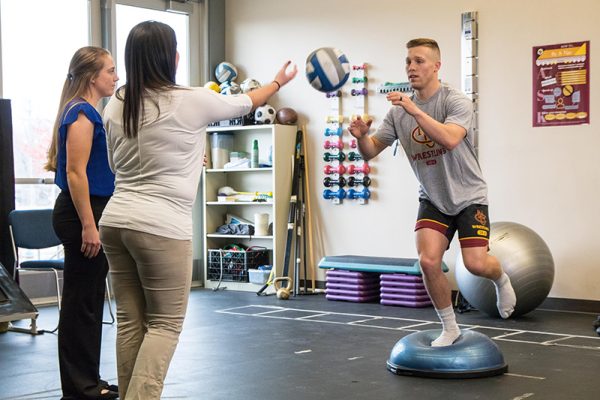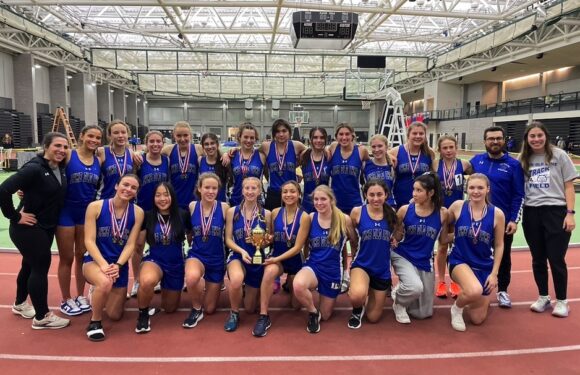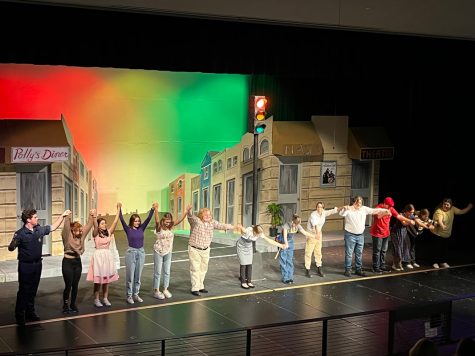Faculty Ally Panel: The Rundown and What is to Come
On October 9th, Lyme-Old Lyme students and faculty came together to discuss the discriminatory and bigoted behaviors that students show one another all too often. At the meeting, which was voluntary for faculty members, nine student panelists shared experiences of times they have been hurt by their peers or by faculty. One student described the cruel racism she faced, even when just “minding [her] own business.” Another student shared an account of homophobic slurs being shouted at him from across the gym. Individually as well as collectively, the students’ voices had a profoundly powerful impact; fifteen minutes into the panel, virtually everyone– students and faculty alike– had tears in their eyes.
After each student had a chance to share an experience, the panel opened up into a discussion. The thirteen faculty members in attendance were able to ask questions, share some experiences from their perspective, and get a clearer view of what their students have faced in school.
As students, we are so fortunate to be able to attend Lyme-Old Lyme High School. The opportunities we are provided are unparalleled by most schools, and we should not take that for granted. However, due to our excellence, it is easy to feel as though we are exempt from the negativity that exists outside the “Old Lyme bubble.” This, in fact, is not the case. Unfortunately, no community is entirely devoid of wrongdoing… not even our own. In cases such as these, it is important to reject the “ignorance is bliss” notion. We must recognize where we fall short as a community and attempt to correct those errors. Ignorance is what leads to hatred and fear, so we must seize every moment we can to replace ignorance with knowledge and try to teach empathy. This was the purpose of having the faculty ally panel: to highlight wrong-doings (whether intentional or not) and provide strategies to foster improvement.
Having thirteen faculty members take time out of their afternoons to engage with students so deeply was incredible. The only problem is, we have approximately fifty teachers at LOLHS. In order to get everyone on the same page in terms of promoting inclusivity, the faculty needs to be educated as a whole. Fortunately, the student panel has been given approval by the administration to have similar discussions with the faculty and run workshops during two official faculty meetings in November. This will allow everyone to collaborate, grow, and learn together. While hatred and bigotry may never be eradicated altogether, creating an open dialogue between students and faculty and equipping faculty with proper strategies for teaching empathy are the first steps toward making a change.











